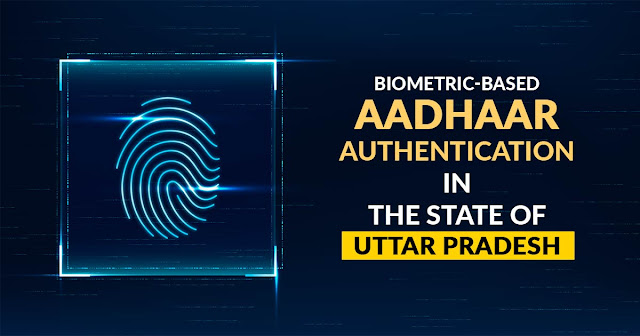GSTN: Document Verification and Biometric Aadhaar Authentication Now Mandatory for GST Registration in Uttar Pradesh
 |
An influential move has been taken by the Goods and Services Tax Network (GSTN) to ease the GST registration processes, introducing a new verification procedure for applicants from Uttar Pradesh (U.P.).
GST registration applicants under the advisory on 16 March 2025, may now be identified on the GST portal using data analysis and risk parameters, mandating them to complete biometric-based Aadhaar authentication. They shall be required to furnish a photograph and present the original copies of documents uploaded with the application.
Date of Implementation and Processing
GSTN has made the new functionality and has started in Uttar Pradesh from 15th March 2025. The same feature introduces document verification and an appointment booking system for the petitioner determined for biometric authentication.
Steps in the Revised Authentication Process
An applicant on submitting Form GST REG-01 will get an email that has either-
A link for the OTP-based Aadhaar Authentication, permitting the petitioner to carry on the registration under the current procedure or another link to book an appointment at the specified GST Suvidha Kendra (GSK) for biometric-based Aadhaar authentication and document verification. The same email will also carry on the information of the specified GSK and jurisdiction.
Process for Booking a Biometric Authentication Appointment
The feature of booking an appointment for biometric authentication at GSKs will be made available for the petitioners in Uttar Pradesh from March 18, 2025. After booking an appointment the petitioner will get an appointment confirmation email and they will be mandated to visit the designated GSK on the scheduled date.
Required Legal Documents
To perform the biometric-based Aadhaar authentication and document verification process at the GST Suvidha Kendra, the petitioner should carry-
A hard/soft copy of the appointment confirmation email: This acts as evidence of the scheduled appointment and ensures that the applicant is attending the accurate GSK at the designated time.
Jurisdiction details as cited in the intimation email: The information on the Jurisdiction will support validating the petitioner's assigned jurisdiction ensuring that they are notifying the precise GSK based on their application information.
Aadhaar Card and PAN Card: The need for the Aadhaar cars is particularly for biometric authentication, while the PAN card is crucial for tax-related verification.
Original copies of all documents uploaded with the application, as defined in the intimation email: The original documents will be compared and validated with the uploaded documents on the portal.
Read Alos: Complete GST Registration Via Authentication of Aadhaar for a New User
The petitioner should schedule their biometric verification appointment within the maximum permissible period cited in the intimation email. Only after completing biometric authentication and document verification at the designated GST Suvidha Kendra, the Application Reference Numbers (ARNs) will be generated. The operational days and hours of the GSKs will be based on the norms specified by the state administration.

Comments
Post a Comment